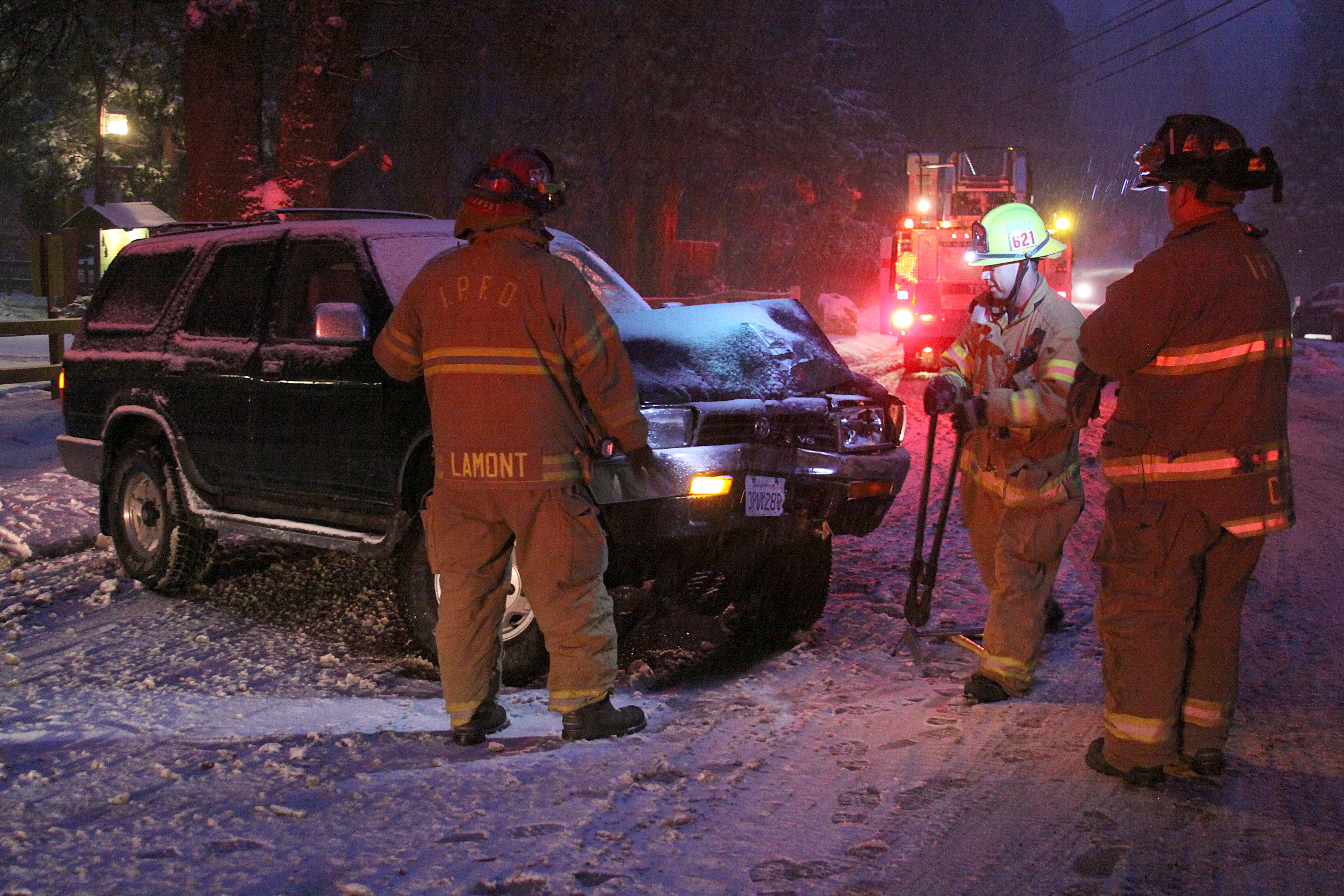At a special meeting Monday, Aug. 15, the Riverside County Board of Supervisors unanimously ratified the public emergency for Monkeypox.
The previous Monday, Aug. 8, Riverside County Public Health Officer Geoffrey Leung proclaimed a public health emergency. While the number of Monkeypox cases in Riverside County was not widely spreading, he was concerned that the number of cases was growing rapidly. Consequently, he felt the announcement of a local public health emergency would bring greater public attention to the imminent threat.
“We have seen the devastating physical effects of Monkeypox on those who have been infected, as well as the emotional toll on partners, family and loved ones,” said Leung said in the press release announcing his proclamation. “Now is the time for Public Health, our community partners and local leadership to reinforce our commitment to work together to slow and eventually stop the spread of this virus.”
The board had a week to ratify this proclamation. Federal, state and many other local California jurisdictions had already proclaimed that Monkeypox was a public health emergency. As of Aug. 25, the number of confirmed or probable cases in Riverside County was 164, the fourth greatest total number of cases in California.
The first identified case in Riverside County was June 20. On July 21, about a month later, the number of identified cases was 25. Eight days later, on July 29, the number of cases doubled to 50. By Aug. 5, 51 cases were confirmed in the county. When Leung proclaimed the emergency, the number of cases had risen to 59. In the week until the supervisors ratified the emergency, another 28 cases were confirmed. During the next week, cases grew to 128, including two women.
One of the first questions posed to the health officials was how Monkeypox compares to COVID. Supervisor Karen Spiegel (2nd District) said, “This is alarming our residents. It’s another emergency! Please explain … how they are different?”
“Monkeypox has a different mode of transmission; it’s through close contact,” replied Leung. “It requires direct skin-to-skin contact. There are some documented cases that shared household items, like towels, can transmit.
“But passing someone in the grocery store or on the street, who might have Monkeypox, would not result in some getting the infection,” he stressed.
The California Department of Public Health (CDPH) stressed on its website, “While it’s good to stay alert about any emerging public health outbreaks, the current risk of MPX [Monkeypox] for the general public is low.”
Also, Kim Saruwatari, county director of Public Health, stressed that Monkeypox “… passed primarily through men having sex with men,” although Riverside County does have two cases of women with Monkeypox.
More than 95% of the reported cases to CDPH are men. As of Aug. 26, CDPH reported nearly 3,400 Monkeypox cases. More than a third were in Los Angeles County. San Francisco and San Diego counties followed. Nearly two-thirds of the state cases were identified in these three counties.
Fourth District Supervisor V. Manuel Perez expressed his concerns about the high number of infections in Palm Springs and western Coachella Valley. He wants to increase the population’s awareness of the availability of vaccines.
Saruwatari agreed that Palm Springs was a high priority area for vaccine distribution, especially because it is the focus of sex tourism. She worries that visitors may bring the infection, or get infected here and take it home. Currently, Riverside County has 1,750 vaccines.
Information on locations for Monkeypox tests and for vaccine sites is in the adjacent box. These also are available on the county’s Public Health site at www.rivcoph.org/mpx/Get-Tested. For vaccine sites, visit www.rivcoph.org/mpx/Vaccine-Locations.
Monkeypox is a rare disease caused by infection with the monkeypox virus, similar to the smallpox virus. Although similar to smallpox, Monkeypox is less transmissible and usually less severe than smallpox, according to the CDPH.
Symptoms of Monkeypox
Monkeypox symptoms begin with a fever. Other possible symptoms include a headache, muscle aches, backache, swollen lymph nodes, chills and exhaustion.
After a fever, within one to three days (sometimes longer), a rash develops, often beginning on the face and then spreading to other parts of the body (like the extremities and genital areas), according to county Public Health.
The incubation period (time from infection to symptoms) for monkeypox is usually seven to 14 days but can range from five to 21 days. The illness typically lasts for two to four weeks, the contagious period.
Painful lesions may also occur. If unusual rashes or lesions do appear, the individual should contact a health care provider as soon as possible, Public Health warns.
Once symptoms do appear, especially the rash, “Vaccination is no longer considered effective,” according to the County Public Health Department.
If you believe you have been exposed to MPX, email mpx@ruhealth.org or call (951) 358-5107
Monkeypox testing sites are:
Borrego Health
Phone: (855) 436-1234
Web: borregohealth.org
DAP Health
Locations: DAP Sexual Wellness Services
Phone: (760) 323-2118
Web: daphealth.org
Eisenhower Health
Location: 39000 Bob Hope Drive
Rancho Mirage, CA 92270
Phone: (760) 340-3911
Web: Eisenhower Health
Kaiser Permanente — Riverside County
Locations: Riverside County Medical Facilities | Kaiser Permanente
Phone: (833) 574-2273
Web: Riverside County Health Care | Kaiser Permanente
Riverside Medical Clinic
Locations: Riverside Medical Clinic
Web: riversidemedicalclinic.com
RUHS Early Intervention Program
Location: 4065 County Circle Drive
Riverside, CA 92503
Phone: (951) 358-5000
Web: Riverside County HIV/STD Program | Riverside University Health System (ruhealth.org)







